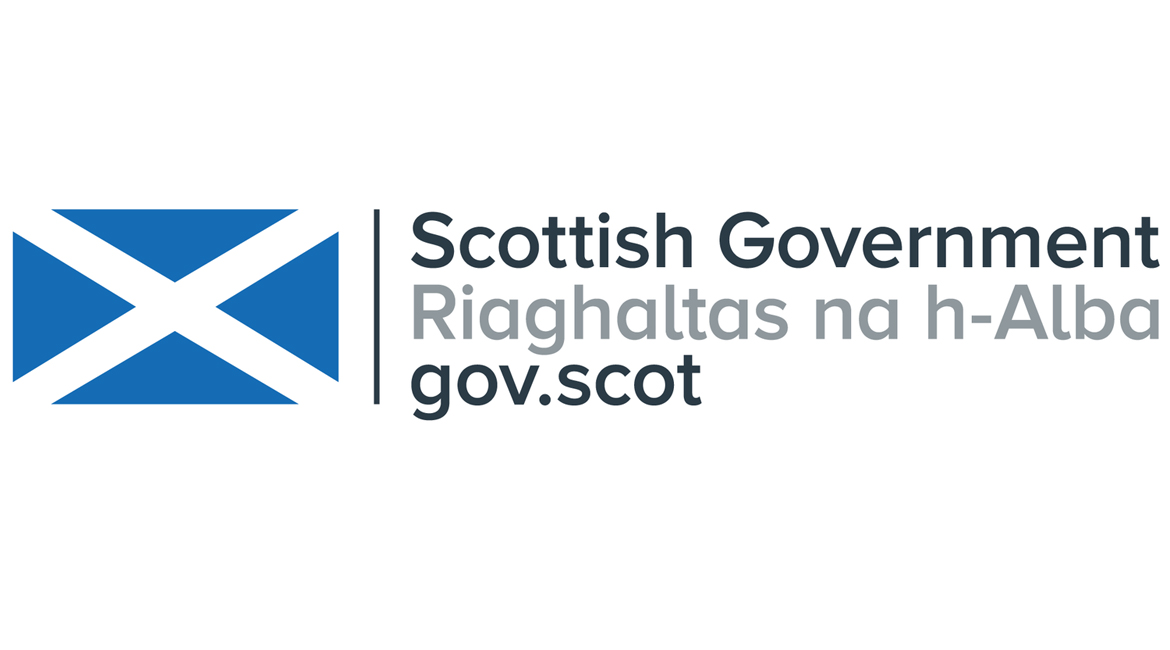Across our two reports: The impact of the British Sign Language (Scotland) Act 2015 on deaf educationpublished in 2021 and Deaf Education in Scotland and Wales: Attitudes to British Sign Language in deaf education compared to Gaelic and Welsh published in 2022, we made a total of 28 recommendations.
The two reports put forward a total of 28 recommendations were made for the Welsh and Scottish Governments and other stakeholders to consider. Focusing on Scotland, the first report proposed the initiating of a national debate regarding language attitudes, updating BSL plan templates for local authorities, colleges and universities, and involving deaf people, parents of deaf children, and teachers in planning processes. We highlighted the need for open communication and accountability for organisations receiving government funding for the implementation of the National BSL Plan to enhance transparency. We also urged the General Teaching Council of Scotland to learn from the Deaf Teachers Group and advocated for half of Teachers of Deaf Children and Young People (ToDs) to attain SCQF BSL 6 proficiency within three years.
Our recommendations in the second report concentrated on promoting BSL and language pedagogies (that is, bilingualism and immersion education) for deaf children in Wales and Scotland. We suggested BSL awareness training for health professionals such as midwives, health visitors, audiologists and consultants and creating a new profession of BSL Therapists to assist deaf children and providing funding for BSL learning in early years childcare settings. In relation to BSL teachers, the Scottish and Welsh Governments should undertake a mapping exercise to ascertain numbers and level of skills, expand language courses at degree level to increase BSL fluency, and provide resources to support these courses. Until similar provisions are made in Wales, the Welsh Government should also fund student placements for Primary Education with BSL at the University of Edinburgh. Additionally, it was proposed that language provision networks for Welsh, Gaelic, and BSL collaborate on common issues. More opportunities for language teachers should be provided to qualify as ToDs and the governments should extend existing provision to offer language sabbaticals for ToDs to learn BSL. The Scottish Government was also encouraged to incorporate these recommendations into the second National BSL Plan.
On 7 July 2023, the Scottish Government’s British Sign Language (BSL) opened the BSL National Plan 2023-2029 consultation. The consultation period will run until Sunday 3 September 2023. The Government plans to publish the BSL National Plan 2023-2029 by 31 October 2023.
We are pleased to see the draft BSL National Plan includes 16 out of our 28 recommendations.
In relation to the BSL plans of national public authorities and local authorities and how they draw them up, the Scottish Government proposes to establish sustainable approaches in the development and implementation of these BSL plans, ensuring that cost-effective work is taking place proportionately within their authorities to help their BSL plans target issues more effectively (Action 14). They also plan to develop guidance on BSL access for public engagement (Action 16).
The Scottish Government also recognises that more work needs to be done in order to shift language attitudes towards BSL and aim to develop a classification framework around BSL and create guidance to provide more consistency in approaches to BSL (Action 14).
In relation to early years and language acquisition, the Scottish Government proposes to investigate and explore an early intervention model for sign language acquisition for deaf and deafblind new-borns and children to ensure they and their families have access to both BSL and English (Action 1), and to investigate the provisions of support for deaf and deafblind children within Scotland to identify gaps in support to inform an immediate remedial action plan (Action 2). They will also establish a BSL Education Advisory Group (Action 5).
Notably, the Scottish Government has gone further with our recommendation that half the ToDs in each local authority should have SCQF BSL 6 within three years and have said that they will investigate opportunities for ToDs to obtain qualifications for BSL up to SCQF Level 10 (Action 7).
The Scottish Government will also develop an Implementation Working Group for the BSL National Plan, with the aim of regularly reviewing the National Plan’s commitments to ensure it continues to meet the needs of the BSL communities in Scotland throughout the lifetime of the Plan (Action 20).
Finally, recognising the need for accurate data, the new National Plan proposes to develop a new BSL Data Strategy to establish how to gather relevant data and evidence and distribute accordingly (Action 13), which will assist in the mapping exercise to establish the number of BSL teachers currently practising in Scotland and identify skills gaps. There will also be a BSL Workforce Strategy to consider pathways including, and not limited to, BSL/English interpreting and BSL tutors/teachers (Action 12).
If you would like to respond to the consultation, you can do so online at: https://consult.gov.scot/equality-and-human-rights/british-sign-language-national-plan-2023-2029. If you would prefer to submit a video in BSL, send your YouTube or Vimeo links via email to BSLConsult@gov.scot.


